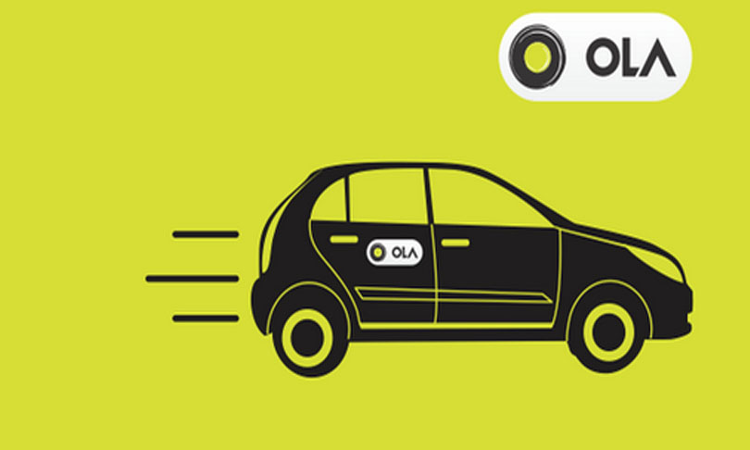Ola Has Not Abused Its Dominant Position, Not Used Predatory Pricing: NCLAT
Nitya Bakshi
18 Jan 2022 10:28 AM IST

Next Story
18 Jan 2022 10:28 AM IST
The NCLAT Bench headed by Justice Jarat Kumar Jain and Dr. Alok Srivastava in Meru Travels Solutions Pvt. Ltd. v. CCI refused to set aside the order passed by the Competition Commission of India in 2017 and held that Ola has not abused its dominant position and that it has not entered into anti-Competitive agreements with their drivers, in violation of the provisions of the Competition...
